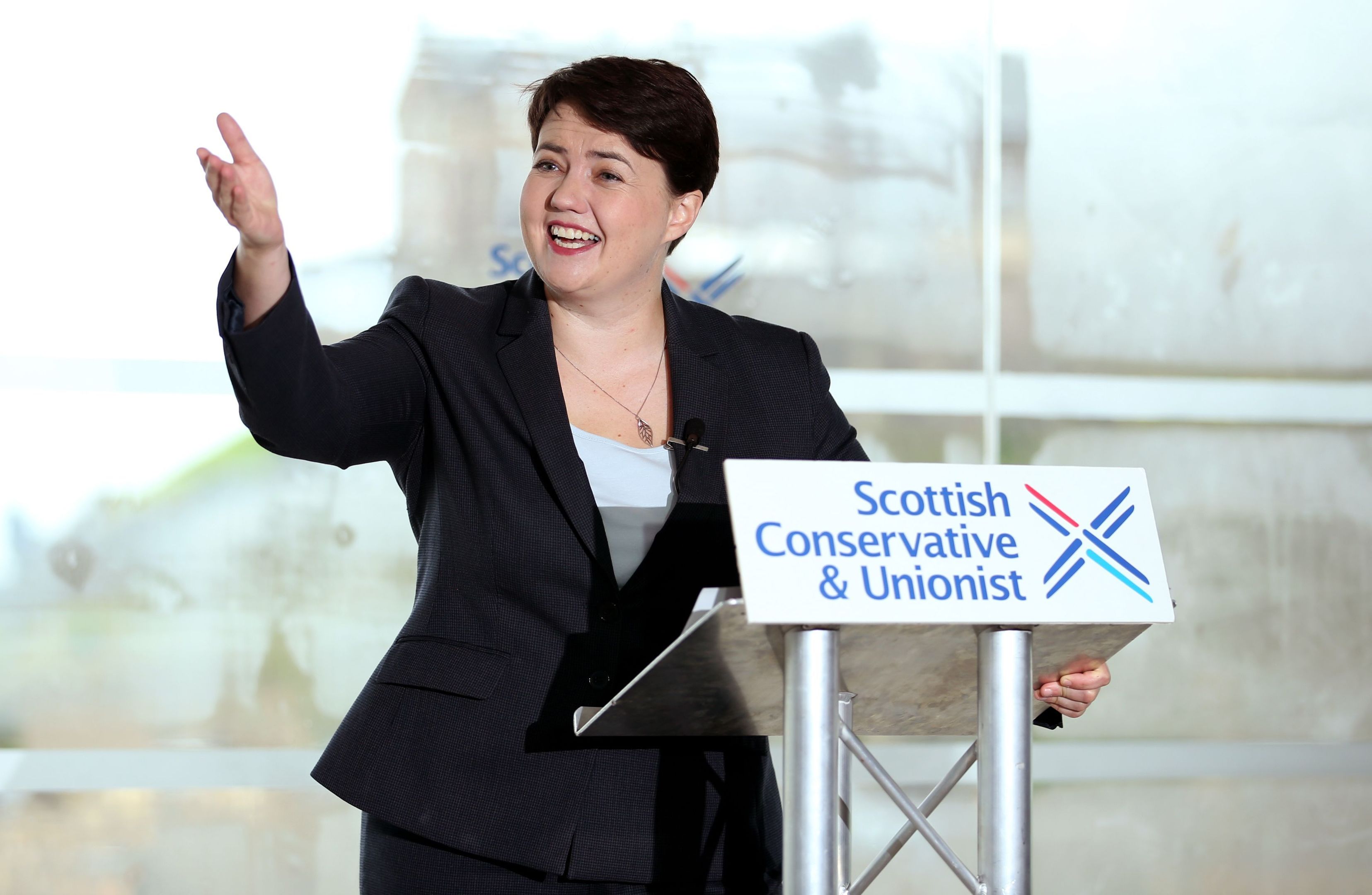Conservative councillors will be forced to pay a monthly “Ruth Tax” to the central party’s coffers if they are elected, The Courier can reveal.
The basic annual pay for councillors is £16,893. Leaked party rules, which candidates are asked to sign, show that a minimum £25 a month – nearly 2% of their income – must be handed over.
The rule-book justifies the charge by saying that local party associations “will provide all campaigning support necessary including the production of both ‘peace time’ and election literature.
A Tory source said: “This fee is ridiculous. It may not sound much, but if this was the sole income for a single parent, for example, there’s a lot better things that £25 could be spent on instead of coughing-up a ‘Ruth Tax’.
“There’s no question that Ruth is popular, but the party is becoming increasingly centralised, and dissent isn’t tolerated. It’s starting to look like more of a cult than a party.”
Other potential outgoings for successful candidates include the expectation that they “endeavour to attend the Scottish Conservative Conference, Scottish Conservative Conventions, Regional Council and Association meetings.”
It cost £35 to apply for a delegate’s pass for this year’s Tory conference in Glasgow.
In return, they receive “professional support” with literature, campaiging, and training in both Votesource, the purpose-built database which allows candidates to target individual voters, and social media.
The Conservatives are not the only party to levy a charge, with Labour also requiring elected representatives to pay 2% of their salary into central party funds. The Liberal Democrats have a voluntary scheme.
A spokeswoman for the SNP, who do not apply any charge, said: “This smacks of a party wanting only people who can afford to represent local communities to stand for them.”
A Scottish Conservative spokesman said: “There is no fee to become a councillor, but all elected members are expected to contribute a minimum ongoing subscription after election.
“This is also true of other political parties in Scotland.”
